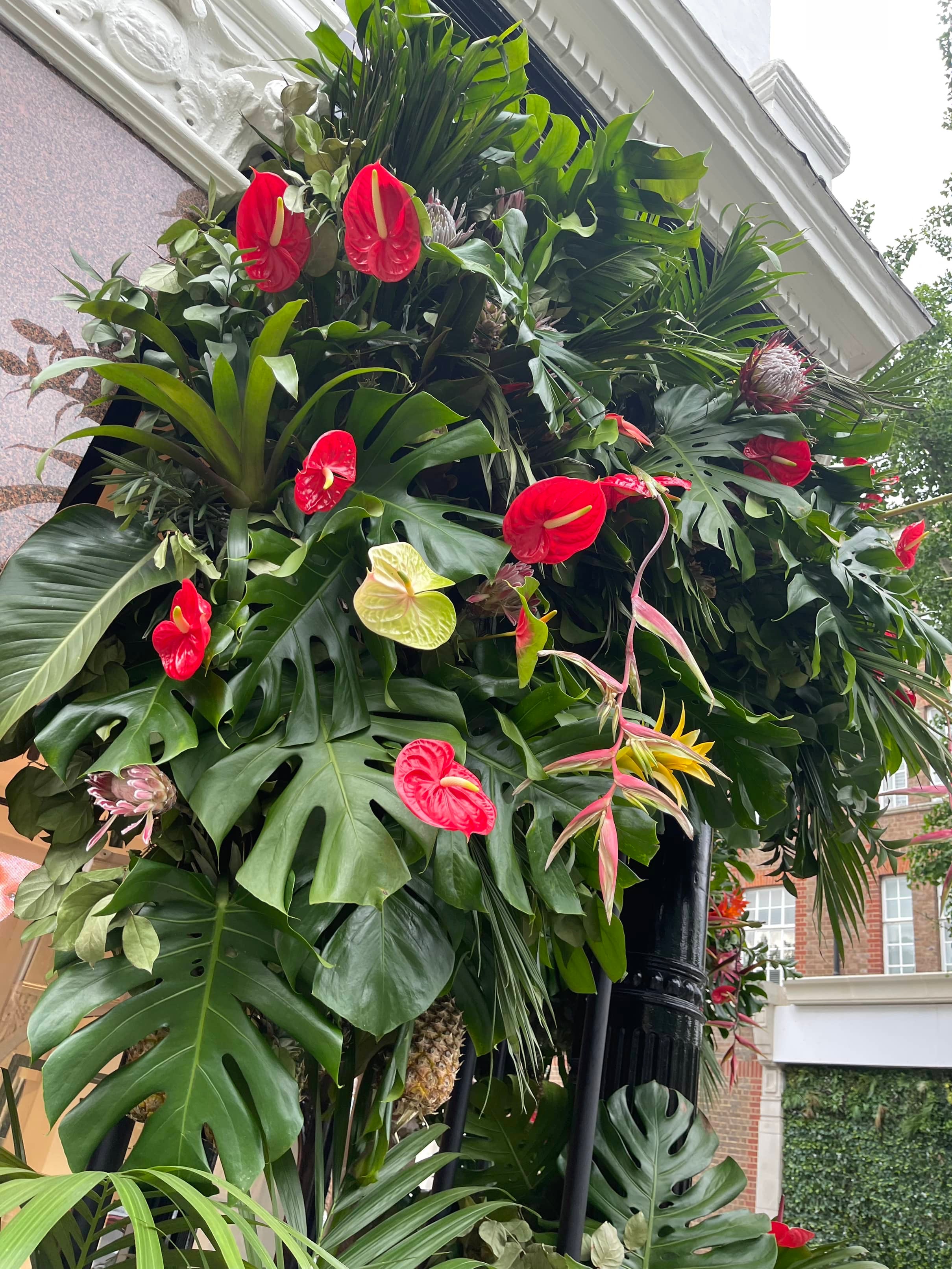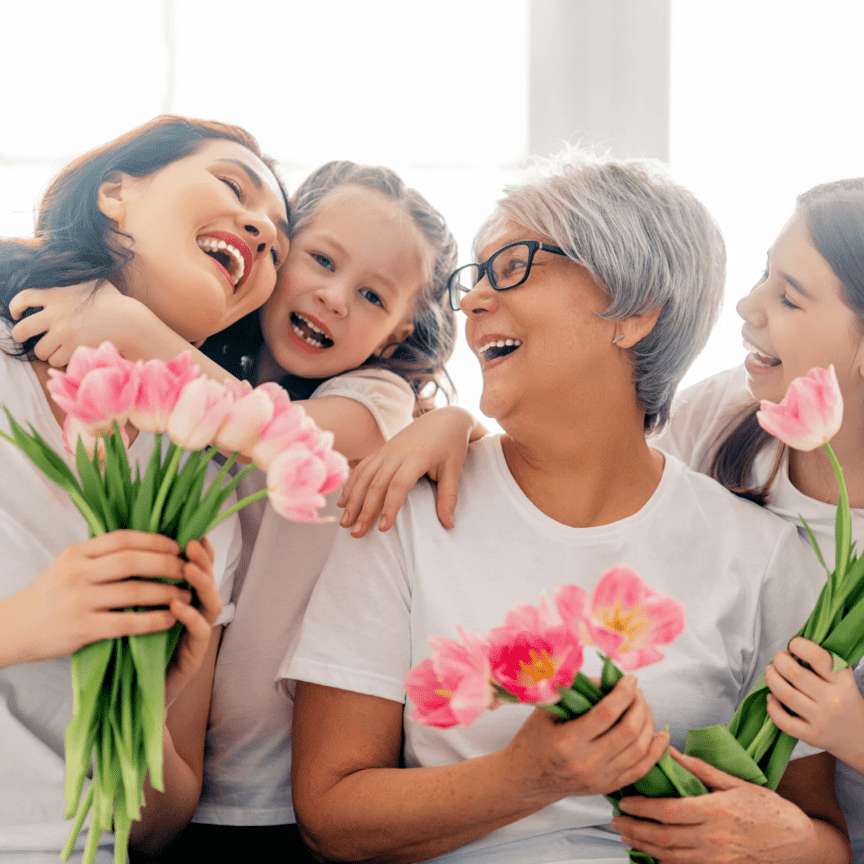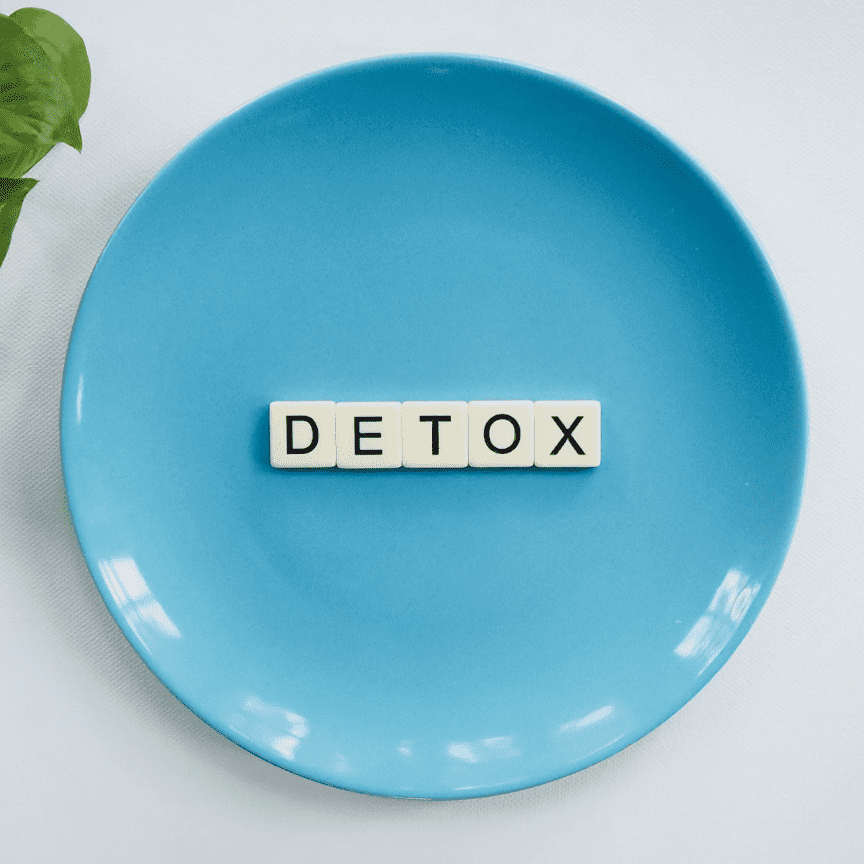As we celebrate the Chelsea Flower Show this week in London, the most renowned flower show on earth, I thought it would be interesting to explore the connection between flowers and women. The social and cultural ties are strong, and women's love for landscape gardening and horticulture has been evident for centuries.
Flowers and Women in History.
However, the link between women and flowers goes deeper. In her book Good Observers of Nature: American Women and the Scientific Study of the Natural World, 1820-1885, Tina Gianquitto explains how the view that “a well-kept garden is the sign of an accomplished housewife”, as stated in Thomas Tusser’s Five Hundred Points of Good Husbandry, was supported by some scientific theories. Gianquitto describes how the famous biologist Linnaeus ordered the plant world according to sexual characteristics: the number of male reproductive parts determined a plant’s higher order, while the number of female parts determined its subsidiary class. Linnaeus’s gendered and hierarchical system quickly became an effective metaphor for human gender relations, reinforcing the ideology that placed women firmly in the home by associating their roles as wives and mothers with flowers.
Linnaean botany certainly reinforced gender hierarchies, but it also sparked an enthusiasm for botanical studies, which were considered ideally suited to women. Flowers were closely associated with women, and flower poems and floral dictionaries, often published as gift books with beautiful illustrations, were among the most popular texts produced during this period in America and England.
Female Landscape Designers.
Despite Linnaeus’s “scientific” justification of a gendered hierarchical system, women began to study botany and horticulture more seriously. In 1878, Fanny Rollo Wilkinson became Britain’s first professional female landscape designer. She persuaded the men-only Crystal Palace School of Landscape Gardening and Practical Horticulture to admit her. Regardless of her significant contributions to the field and being responsible for the original layouts of some 75 parks and green spaces in London, it took years before she was recognised as a professional and paid for her work.
So, despite the fragrance and mesmerizing colours of flowers, women were still kept at the bottom of the social ladder. However, it is important to note that women gardeners were employed for the first time at Kew in 1896 and received equal pay, decades before women gained the right to vote.
Garden designer and author Beth Chatto, known for her principle of “right plant, right place,” won 10 consecutive gold medals at the RHS Chelsea Flower Show. Although not the first woman to exhibit at Chelsea, she was the first to win ten consecutive gold medals between 1977 and 1987 for her stands in the Great Pavilion.
Get Inspired by Flowers.
Walking around the streets of Chelsea, one cannot help but think about this year’s most interesting themes: environmentalism and the next generation of gardeners.
These themes clearly prompt a serious reflection on our treatment of the world and highlight the potential need for changes in social structures. Flowers, therefore, can inspire profound philosophical and social insights, encouraging societal transformation.
The historical connection between women and flowers, from the gendered perspectives of Linnaean botany to the pioneering achievements of women like Fanny Rollo Wilkinson and Beth Chatto, highlights both the challenges and triumphs faced by women in horticulture and in society in general. While societal norms once restricted women's roles, their passion for gardening and botanical studies gradually broke down barriers, leading to greater recognition and equal opportunities. As we celebrate the Chelsea Flower Show we can also reflect on the numerous benefits that flowers offer for women’s health, enhancing both mental and physical well-being. Here are some of the key advantages:
Stress Reduction
Flowers have been shown to reduce stress and promote relaxation. Their vibrant colours and pleasing fragrances can create a calming environment, helping to lower cortisol levels and alleviate anxiety. Incorporating flowers into daily life, whether through gardening or simply having fresh blooms at home, can provide a soothing escape from the pressures of everyday life.
Therapeutic Benefits
Horticultural therapy, which uses gardening and plant-based activities as therapeutic tools, has been effective in treating a variety of mental health issues. For women dealing with stress, trauma, or mental health disorders, interacting with flowers and plants can offer therapeutic benefits and aid in their recovery process.
Improved Mood
The presence of flowers can significantly boost mood and emotional health. Studies have found that people who spend time around flowers or receive them as gifts experience increased feelings of happiness and life satisfaction. This uplift in mood can be particularly beneficial for women, helping to combat feelings of sadness or depression due to hormonal changes.
Enhanced Creativity and Productivity
Being around flowers can enhance creativity and improve cognitive performance. The aesthetic appeal of flowers can inspire creativity and innovation, making them a great addition to workspaces. Women who work in creative fields or engage in hobbies like writing, painting, or crafting may find that flowers help stimulate their imagination and productivity.
Physical Health Benefits
Gardening, an activity closely associated with flowers, offers physical health benefits such as improved cardiovascular health, increased strength, and better flexibility. Regular gardening can also serve as a low-impact exercise, helping women maintain a healthy weight and reduce the risk of chronic diseases.
Connection to Nature
Flowers help foster a deeper connection to nature, which has been linked to numerous health benefits. This connection can enhance mindfulness and promote a sense of peace and well-being. Spending time in nature, whether tending to a garden or walking through a flower-filled park, can improve overall mental health and foster a greater sense of balance and harmony.
Social Interaction
Engaging in activities related to flowers, such as joining a gardening club or participating in community garden projects, can provide valuable social interaction. This can help combat loneliness and create a sense of community and belonging, which are crucial for mental and emotional health.
Incorporating flowers into daily life can thus provide a range of health benefits, making them a valuable addition to women's wellness routines. Whether through gardening, decorating with fresh blooms, or enjoying floral-themed activities, flowers can significantly enhance both mental and physical well-being.
Sources:
International Women's Day: Trail-blazing women of Kew - BBC News
Tina Gianquitto: Good Observers of Nature: American Women and the Scientific Study of the Natural World, 1820-1885, published in 2007.






